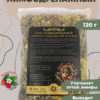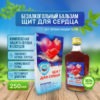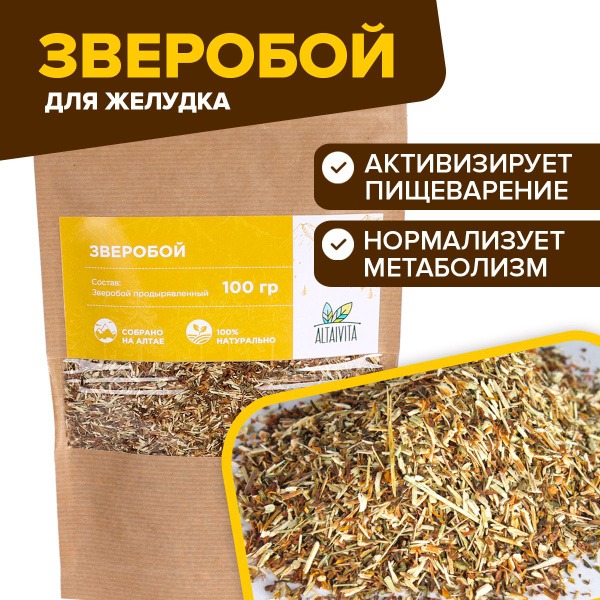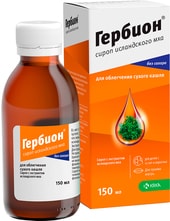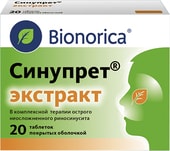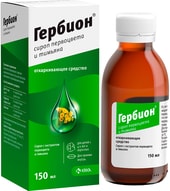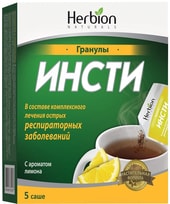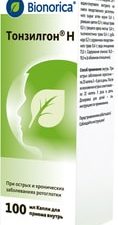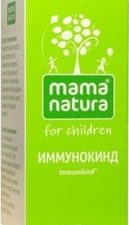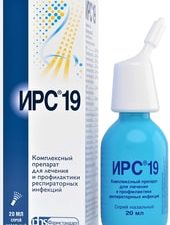St. John’s Wort (Hypericum perforatum): A Comprehensive Guide
St. John’s Wort (Hypericum perforatum) is a flowering herbaceous plant, typically growing no more than a meter tall. Found thriving in sunny meadows, forest edges, and clearings, it’s easily recognized by its bright yellow flowers clustered in showy cymes. The leaves are dotted with tiny translucent glands and dark spots – these are oil glands containing essential oils which contribute to the plant’s medicinal properties. For medicinal purposes, the flowering tops, including flowers and leaves, are harvested. This 100g pack provides a convenient supply of this versatile herb.
Uses of St. John’s Wort:
- Anti-inflammatory and Anti-infective Properties: Decoctions and infusions effectively combat infections, reduce inflammation, and promote wound healing. They can be used for treating minor wounds, skin sores, and even gargling for sore throats.
- Antiparasitic Effects: This herb has been traditionally used to combat intestinal parasites, including worms.
- Gastrointestinal Relief: The astringent tannins in St. John’s Wort help alleviate diarrhea and vomiting. It’s beneficial for treating hemorrhoids, ulcers, and inflammatory bowel conditions. The herb’s anti-inflammatory properties soothe irritated mucous membranes, promoting faster healing.
- Liver and Gallbladder Support: St. John’s Wort may help manage conditions like cholecystitis and hepatitis.
- Mood Elevation: This herb is well-known for its potential antidepressant effects. It may help reduce anxiety and improve sleep quality by increasing levels of serotonin, dopamine, and norepinephrine.
- Skin Conditions: Infused oils and decoctions have traditionally been applied topically to treat acne, oily skin, cracked heels, and even hair loss.
Preparation Methods:
- Infusion (Tea): Steep 1.5 tablespoons of dried herb in one cup of boiling water. Steep for 3-4 hours in a dark place for a potent infusion. Take one tablespoon three times daily before meals. For a quick preventative tea, steep for 15 minutes.
- Decoction: Simmer 1.5 tablespoons of dried herb in one cup of hot water in an enamel pot for 20-30 minutes in a double boiler, avoiding boiling. Take one tablespoon three times daily before meals.
- Tincture: Combine dried herb with vodka (1:7 ratio) or alcohol (1:10 ratio). Seal tightly and let it steep in a dark place for three days. Take one teaspoon three times daily, diluted in water.
- Oil: Macerate St. John’s Wort flowers in olive, almond, or peach oil (1:2 ratio) for three weeks. Use topically for external applications.
How St. John’s Wort Works:
The plant’s healing properties are attributed to tannins and phytoncides, which possess powerful antimicrobial and tissue-regenerative capabilities. Hyperforin and hypericin are responsible for its antidepressant effects by influencing neurotransmitter levels.
Scientific Research:
Numerous studies support St. John’s Wort’s efficacy. In 2017, Turkish researchers demonstrated its effectiveness in pressure sore healing. Other studies have confirmed its benefits in treating burns and ulcers. A meta-analysis of 66 studies in 2015 by German scientists further solidified its reputation. For mild to moderate depression, St. John’s Wort has shown comparable efficacy to tricyclic antidepressants and low doses of imipramine and fluoxetine.
Precautions and Contraindications:
- Individual intolerance and allergic reactions are possible.
- Avoid during pregnancy and breastfeeding.
- Not recommended for individuals with transplanted organs.
- Increased photosensitivity is a common side effect; avoid direct sun exposure.
- Use with caution if you have hypertension; consult your doctor first.
- May interact negatively with hormonal contraceptives, anticoagulants, antibiotics, HIV medications, and chemotherapy drugs.
- Do not combine with antidepressants.
Keywords: St. John’s Wort, Hypericum perforatum, herb, 100g, natural remedy, anti-inflammatory, anti-infective, antidepressant, anxiety relief, sleep aid, gastrointestinal health, liver support, skin health, wound healing, herbal medicine, natural treatment, supplements, traditional medicine, herbal tea, tincture, oil, preparation methods, precautions, contraindications.
Related products
Herbal Remedies
 Free worldwide shipping on orders $99+
Free worldwide shipping on orders $99+  US: temporary delays — postal services aligning new import rules,
US: temporary delays — postal services aligning new import rules,  EU: 1–2 weeks,
EU: 1–2 weeks,  Worldwide: 1–4 weeks
Worldwide: 1–4 weeks 

